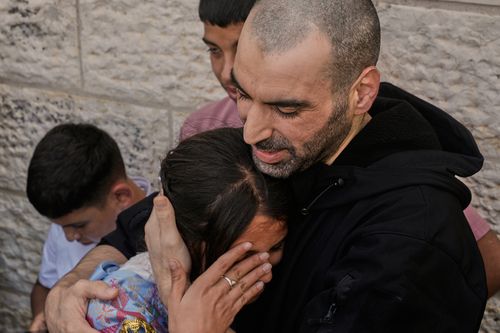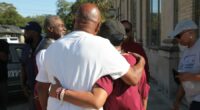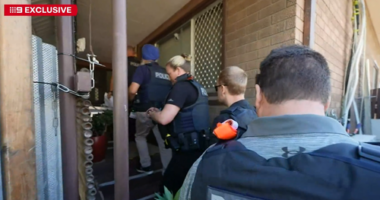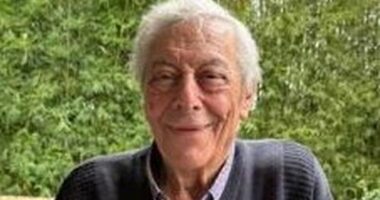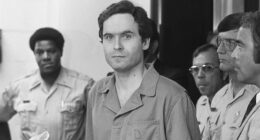Share this @internewscast.com
Large crowds enthusiastically welcomed the released prisoners in Beitunia in the Israeli-occupied West Bank and in Khan Younis in Gaza, signaling V-for-victory gestures as they emerged from International Committee of the Red Cross buses. In Beitunia, they received traditional keffiyeh scarves as an emblem of national pride. Some were hoisted onto shoulders, while others collapsed into chairs, exhausted.
“It was an indescribable journey of suffering — hunger, unjust treatment, oppression, torture, and curses — beyond anything you could imagine,” expressed Kamal Abu Shanab, a 51-year-old Fatah member from the West Bank town of Tulkarem.

Some prisoners were convicted in military trials that, according to rights advocates, often lack due process. Others served extended periods without trial under administrative detention. Israel defends this practice, widely criticized by Palestinians and human rights organizations, as necessary to prevent attacks and to safeguard sensitive intelligence.
The Hamas list omitted roughly half a dozen of the most prominent prisoners, including Marwan Barghouti, Hassan Salameh, Ahmed Saadat, and Abbas Al-Sayyed. Barghouti is often viewed as a potential successor to Palestinian President Mahmoud Abbas.
A list of released prisoners issued by Israel includes the following:
A 51-year-old Palestinian police officer and Fatah member, Sheikh, received multiple life terms in 2000 for his involvement in the killing of two Israeli soldiers who were attacked by a mob at a West Bank police station, including one thrown from the station’s window.
A 57-year-old Hamas commander imprisoned for life in 1993, prior to the Oslo interim peace accords, Issa was among those found guilty of kidnapping and killing a 29-year-old Israeli border police officer that year. He spent much of his more than three decades in solitary confinement, making him a symbol for prisoners’ rights advocates.
The two brothers — 56-year-old Mohammed and 62-year-old Abdel Jawad Shamasneh — were in 1993 sentenced to multiple life terms for their role in a stabbing attack that killed Israeli hitchhikers whose bodies were later found in a Jerusalem riverbed in 1990 during the first Palestinian intifada.
A 47-year-old Fatah member serving a life sentence, Fatafta was one of two men convicted of murder for stabbing American tourist Kristine Luken and a friend who was hiking with her and survived.
